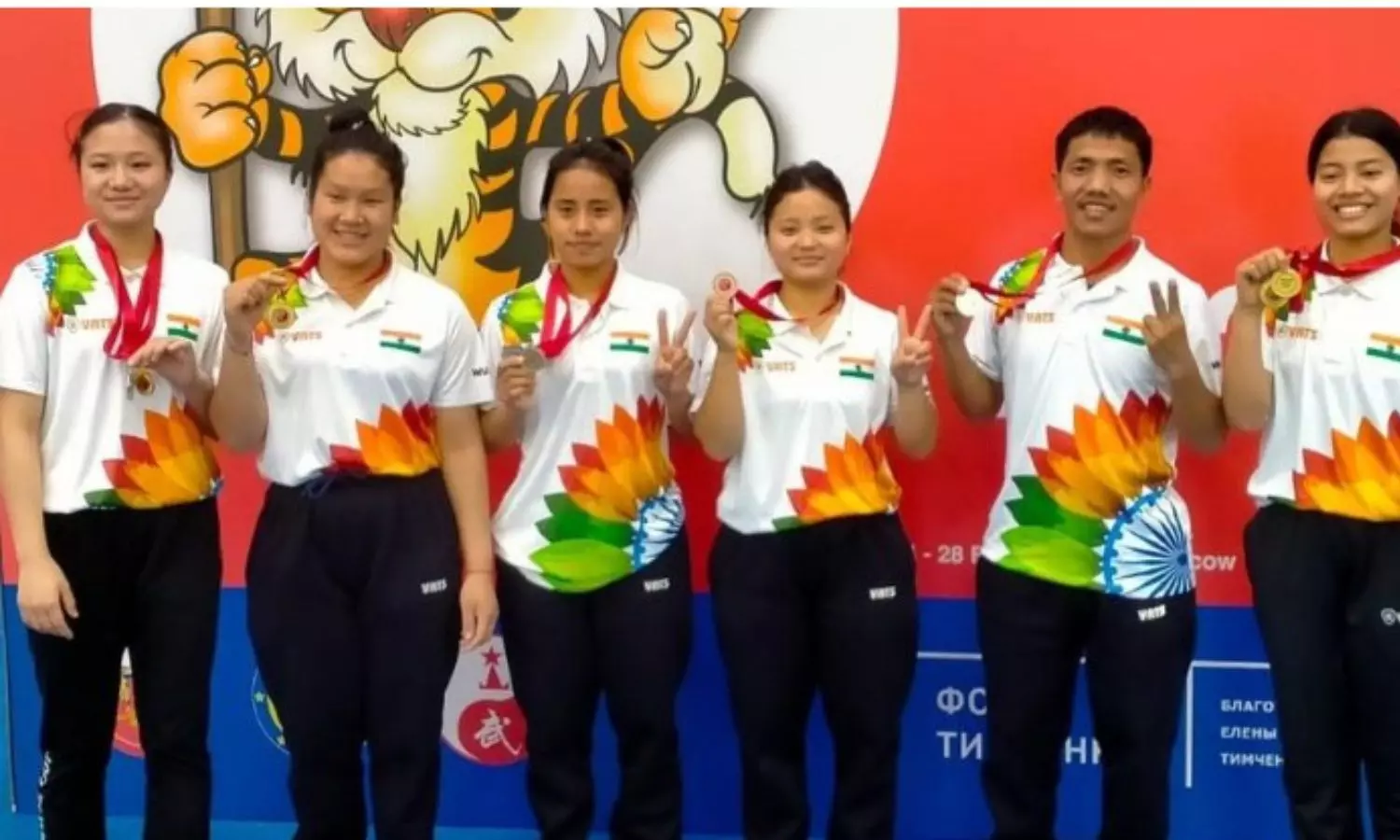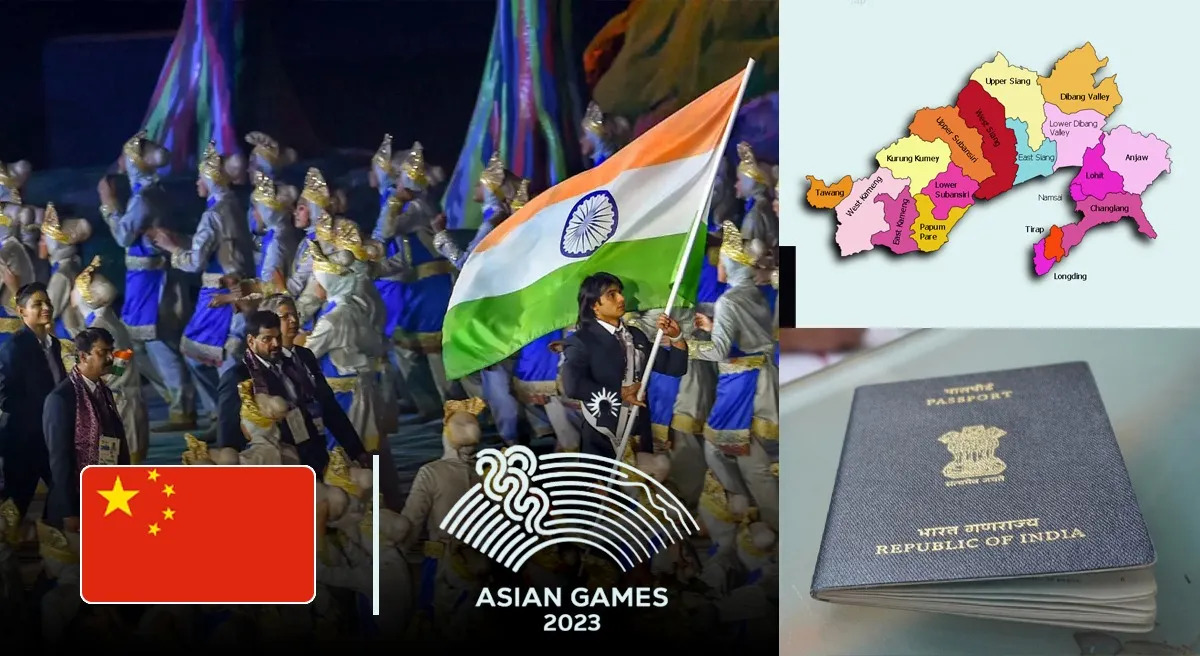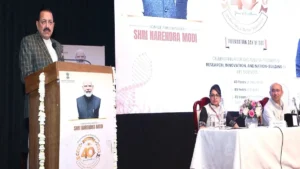China’s issuance of stapled visas to Indian citizens from Arunachal Pradesh has sparked controversy and diplomatic tensions between the two neighboring countries. This practice involves attaching a separate piece of paper to the visa instead of directly stamping it on the passport. The recent incident involving three Indian wushu players receiving stapled visas led to India’s withdrawal of its wushu contingent from the Summer World University Games in Chengdu.
The Stapled Visa Controversy: What It Means for Indian Athletes

-
Denial of Legitimacy: China’s use of stapled visas is seen as a refusal to recognize Arunachal Pradesh and Jammu and Kashmir as integral parts of India. By not stamping the visa directly on the passport, China implies that these regions are disputed territories, undermining India’s sovereignty.
- Lack of Recordkeeping: The stapled visa’s design poses practical challenges for Indian athletes traveling to China. Upon returning to their home country, the entry and exit passes on the stapled visa are torn off, leaving no official record of their trip. This lack of recordkeeping can lead to potential complications and difficulties for the athletes in the future.
The Recent Incident: India’s Strong Reaction
-
Wushu Contingent Withdrawal: In response to China issuing stapled visas to three Indian wushu players, Nyeman Wangsu, Onilu Tega, and Mepung Lamgu, India made a strong statement by withdrawing its wushu contingent from the Summer World University Games in Chengdu. This move conveyed India’s disapproval of China’s actions and highlighted the seriousness of the matter.
- Ministry of External Affairs’ Protest: The Indian government expressed its dissatisfaction with China’s actions, calling them “unacceptable.” The Ministry of External Affairs summoned the Chinese ambassador to India to formally lodge a protest, underscoring the severity of the issue and its potential impact on bilateral relations.
Historical Context: Previous Instances of Stapled Visas
-
Selective Application: The issuance of stapled visas to Indian citizens from Arunachal Pradesh and Jammu and Kashmir is not a new phenomenon. China began using this approach in the mid-2000s for residents of Arunachal Pradesh and from 2009 for those from Jammu and Kashmir. Previous incidents involving denial of visas for international events added to the tensions.
-
Impact on Sports Diplomacy: The denial of visas to athletes from the region for international events, including the 2011 Asian Karate Championships and the 2011 Youth World Archery Championship, has adversely affected sports diplomacy between India and China.




 PM Modi Becomes First Indian Leader to R...
PM Modi Becomes First Indian Leader to R...
 List of National and International Organ...
List of National and International Organ...
 DBT Marks 40 Years; Dr Jitendra Singh La...
DBT Marks 40 Years; Dr Jitendra Singh La...








